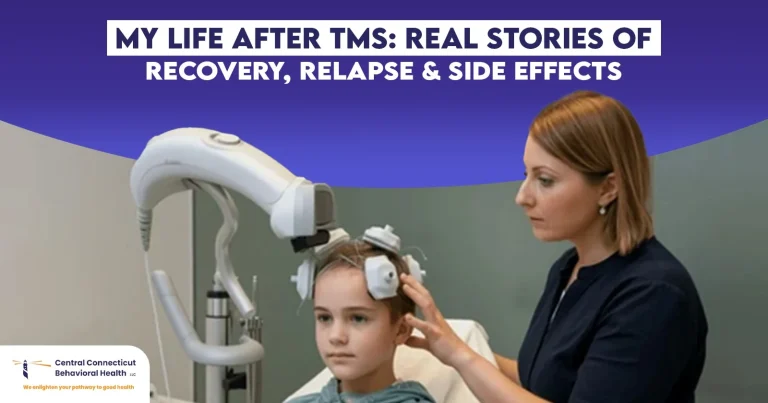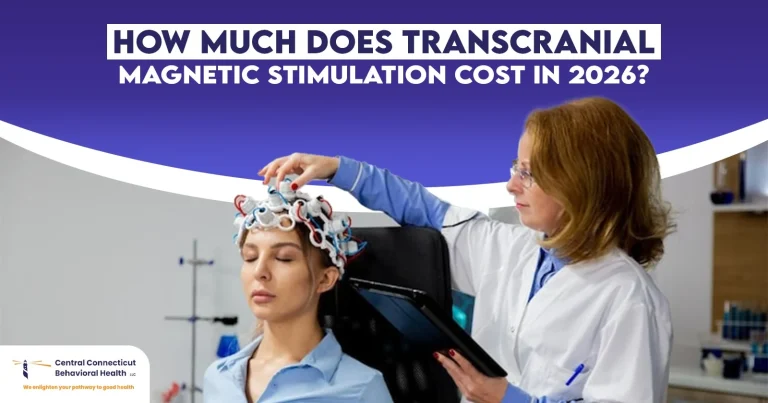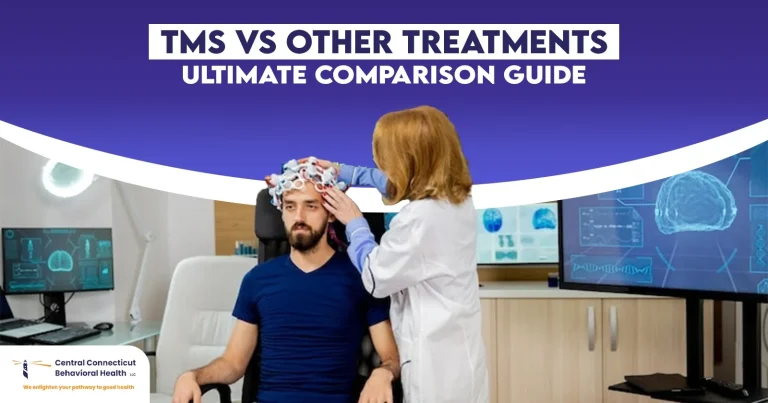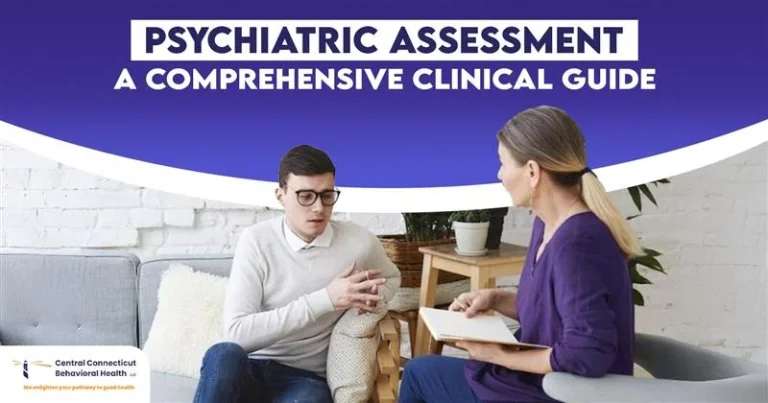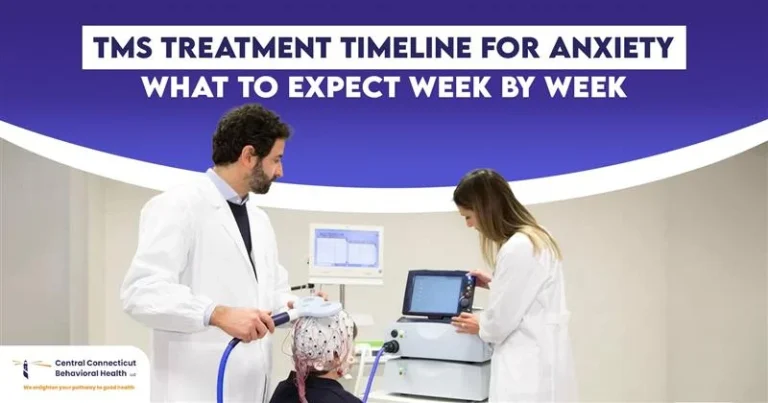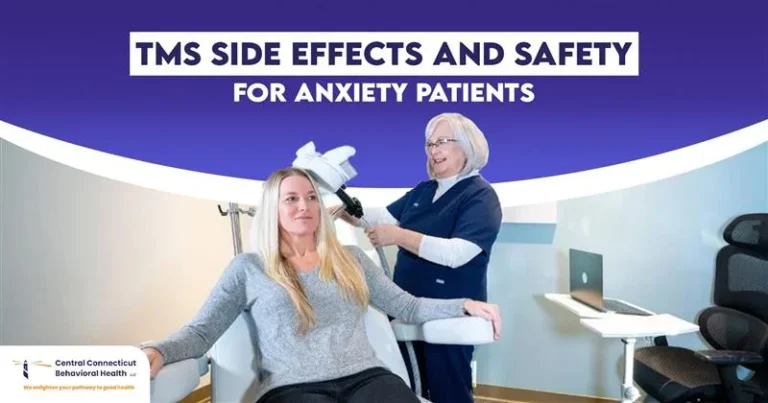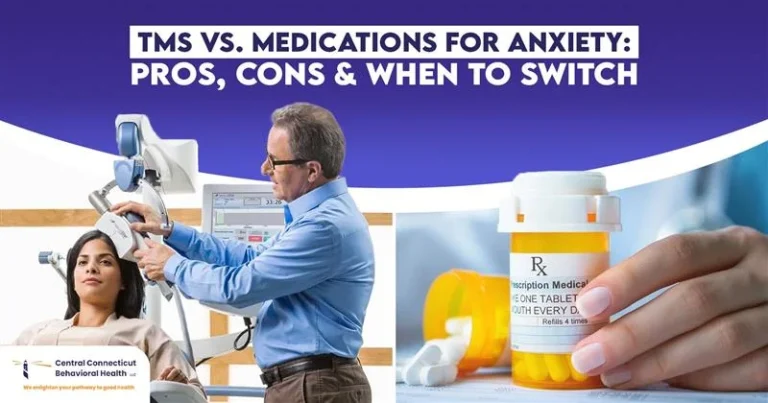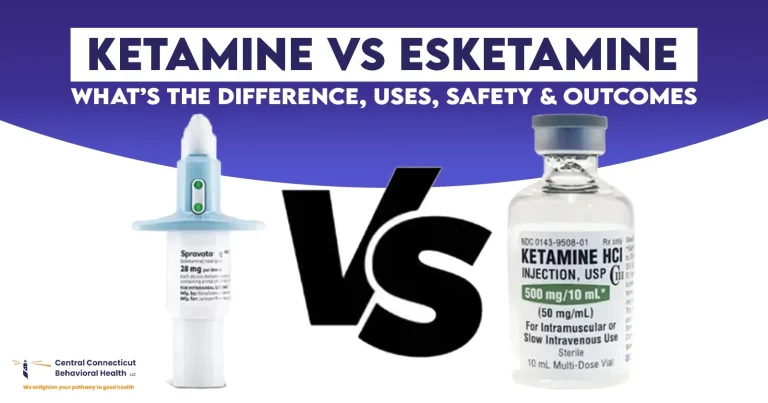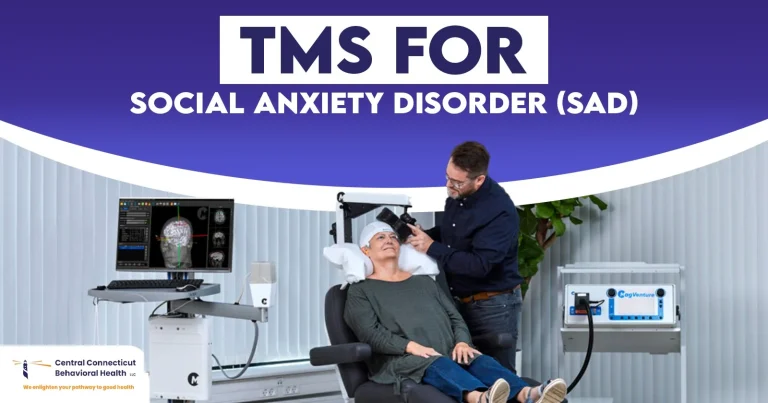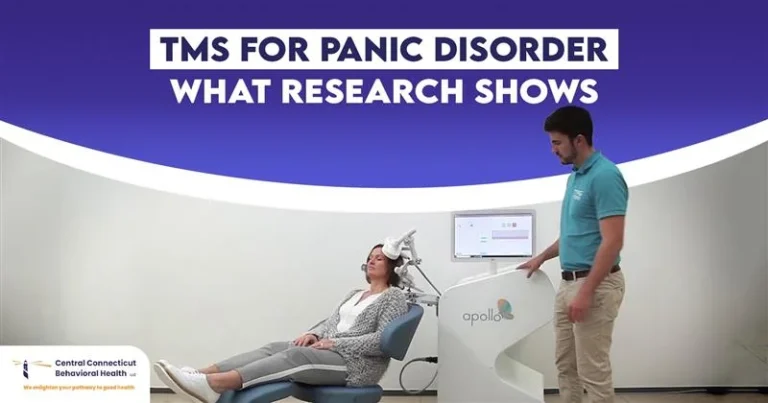A psychiatric evaluation assists you and your physician to learn about your mental wellness. You should have this thorough check-up in case you are stressed, dejected, anxious, or in a state of confusion. Most individuals are unaware of what transpires during this kind of examination, yet it can offer some definite solutions and an agenda of improved feelings.
What Is a Psychiatric Evaluation?
The psychiatric evaluation is the whole psychological assessment. Your specialist in mental health trained professional, a psychiatrist or a therapist. They hold a conversation with you to figure out how you feel, think, and act.
They will need to ask some questions concerning your mental history, medical history, family history, and lifestyle. In certain situations, they may ask you to pass a lab test to measure potential health problems that may be affecting your psychological performance.
A mental health assessment assists in the ease of diagnosis and establishing a diagnosis and treatment plan that suits your needs.
Physical and Psychiatric Symptoms
On your assessment, the provider will query you on any physical and psychiatric symptoms you have had. This may be comprised of:
- Being very sad or worried
- Problems with sleeping or eating
- Headache or stomachache with no apparent cause
- Constant fatigue
- Anger, confusion, or mood swings
- Suicidal ideation and quitting
On numerous occasions, physical disorders can also be triggered by mental disorders. This is the reason that a complete psychiatric evaluation examines both psyche and physical well-being.
Types of Psychiatric Evaluation
Psychiatric evaluation can be of different types and accordingly can be differentiated in respect of what you need:
- Routine mental health examination as soon as you feel the symptoms
- Psychiatric assessment during an emergency in case of crisis
- Learning or behavior evaluation by a school or workplace (case assessments)
- Legal/court-related analyses
- Behavioral tests to know more about what you do and your habits
All of these types are different, but they are all performed to make you feel better and find the proper care.
Psychiatric Evaluation for Adults
A psychiatric evaluation for adults would usually involve in-depth inquiries regarding your job, relationships, sleeping, eating, and moods.
In mental health services such as Central Connecticut Behavioral Health, adults are assisted by trained professionals through these assessments. It is when they are dealing with stress, anxiety, depression, or any other issues.
When visiting a mental health clinic or obtaining behavioral health services Rocky Hill CT, the objective is to help you feel less vulnerable and stable.
7 Key Insights You’ll Discover During a Psychiatric Evaluation
-
Understanding Your Symptoms
A thorough, psychiatric evaluation makes you realize why you are sad, anxious, or overwhelmed. The physician listens to you and enquires about your daily routine. You will discuss emotional, mental, and even physical symptoms. This will assist in the identification of trends or stimuli possibly influencing you. The first step towards a cure is knowing what causes your symptoms.
-
Diagnosis of Mental Health Conditions
In case you have problems such as anxiety, depression, or bipolar disorder, the assessment will allow you to identify them. The physician will give the diagnosis so that you understand what it entails. This helps to eliminate fear and confusion regarding your condition. An accurate diagnosis results in proper treatment. It provides you with a name and a plan about what you are undergoing.
-
Your Mental Health History
Your provider will enquire about your emotional and mental issues in the past. This incorporates the kind of therapy or medication you have had. They can also inquire about trauma or stress, or significant life events. They can understand the big picture with your mental health history. It is a significant element of the development of a strategy that suits you.
-
The Role of Medical Conditions
Physical problems may influence mental health. That is why the assessment can be accompanied by lab tests for medical problems. Such lab tests for medical conditions will help eliminate such things as thyroid disorders or vitamin deficiency. In case there is something physical that is causing the symptoms, that shall be addressed also. The idea is to examine your entire health, body, and mind.
-
A Personalized Treatment Plan
The psychiatrist will come up with a diagnosis and a treatment plan designed specifically for you based on your findings. This can be in the form of therapy, medication, or support. The plan will be spelled out to you understand what to expect. It has been designed for your specific individual needs and Life. A plan itself is relieving and hopeful.
-
Family and Social Impact
Relationships and everyday life tend to be influenced by mental health issues. In the assessment, you will discuss the ways your symptoms affect your family, friends, or work. The provider can inquire whether there is a family member’s psychiatric evaluation. This provides background support. Realizing such correlations promotes improved healing.
-
Your Strengths and Coping Skills
In addition to problem inspection, the assessment also focuses on your strengths. You will find out what you already apply in coping with stress and which tools are more beneficial. This could consist of breathing methods, practices, or systems. Being aware of your strengths will make you confident. It will demonstrate that with a proper degree of assistance, you can deal with your mental health.
What Happens in a Psychiatric Evaluation?
Here’s what usually happens:
- You talk with a mental health professional
- They ask about your medical history and current symptoms
- They may give you short quizzes or forms to fill out
- In some cases, they might do a personality assessment
- A plan for treatment is created with your input
Some evaluations may take 1–2 hours. Others may take more time, depending on your needs.
Where Can You Get a Psychiatric Evaluation?
In Connecticut, you may receive a psychiatric assessment from the Central Connecticut Behavioral Health clinic or mental health organizations in the state. When you are in Rocky Hill, CT, numerous credible behavioral health services are provided to support you.
In case you are interested in how to get a psychiatric evaluation, there are several options to choose namely, ask your doctor, visit a mental health center, or you may use an internet search to find out where a local mental health clinic is located in your area.
Final Thoughts
A thorough, psychiatric evaluation is an intelligent measure to improve mental health. It makes you aware of your mind, your innovative symptoms, and the further plan of action. This form of assessment provides a clear picture and a sense of hope, whether you are going through anxiety, mood instability, or constant tension.
Don’s failure to act at once on your part or on behalf of another. Call a mental health professional and inquire about a psychiatric evaluation today.
FAQs – Psychiatric Evaluation
What is a psychiatric assessment?
A doctor or therapist is the one who will conduct a full check-up of mental health to know what you are thinking, how you feel, and how you behave.
What is a psychiatric examination?
You discuss your troublesome symptoms, your past medical and mental health, and you can fill out some forms. The idea is to determine how they are doing and how they should be treated.
What is the duration of a thorough psychiatric examination?
Typically, 1 to 2 hours, but it can require more time when there is a need for more details.
What psychiatric evaluation signs and symptoms are there?
Being extremely sad, anxious, disoriented, unable to sleep or eat a meal, or having thoughts about self-harm.
Is a psych evaluation the same as a psychiatric evaluation?
You are correct that it is simply referred to as a psych evaluation in short. Both are the same.
Are both kids and adults capable of getting psychiatric checks?
Yes, they all include evaluations of all the age groups with a complete psychiatric check of the adults.



